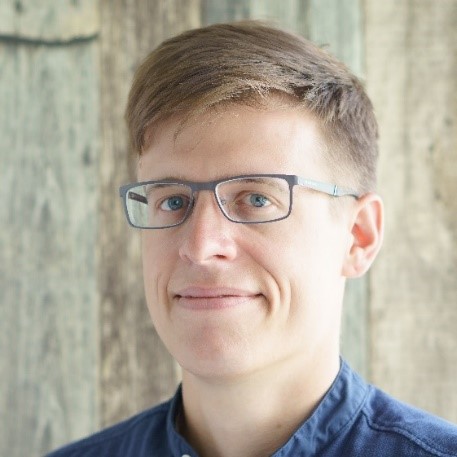Interview for the Weber Bosch Prize 2022
Published:
This is an automated transcript of the interview that was originally published by the Scientific Society Autism Research (WGAS) that awarded the prize in 2022 to Dr. Nico Bast.
In 2022, you were awarded the Weber-Bosch Prize by the WGAS for your research work “Atypical Arousal Regulation in children with Autism but not with ADHD as indicated by pupillometric measures of Locus Coeruleus Activity.”1 We would like to learn more about you and your work. Where and with whom are you currently working?
I lead the Clinical Research Department at KJP Frankfurt under Prof. Dr. Freitag2. The Clinical Research Department conducts clinical studies and focuses on the neurobiological foundations of mental disorders. There, I have established eye-tracking laboratories that enable the detection of these neurobiological foundations as early as infancy.
Can you describe the focus of your research? What questions are you investigating?
My focus is on researching pathomechanisms using unobtrusive sensors, particularly in neurological developmental disorders such as ASD and ADHD. Effective psychotherapeutic treatment options for these disorders are underdeveloped. One reason for this is that neurological developmental disorders are diagnosed in childhood based on behavior, although underlying pathomechanisms likely manifest as altered perception as early as infancy. The goal of my research is to identify and diagnose these neurobiological pathomechanisms early to derive individualized treatments.
I am convinced that we have identified such a pathomechanism in autism with the Locus Coeruleus Norepinephrine (LC-NE) system.
How will your research continue after the young investigator award? What research questions would you like to address in the future?
We will further specify the LC-NE system as a pathomechanism in a DFG-funded project through the combined use of pupillometry and EEG3. In doing so, we aim to manipulate LC-NE activity through physical activity. Additionally, exciting animal models show the relevance of subcortical modulation of sensory processing by the LC-NE system4. Current clinical studies suggest that the LC-NE system may be overregulated in internalizing disorders and underregulated in externalizing disorders. Accordingly, I would like to expand my research horizon and investigate the LC-NE system as a predictor for transdiagnostic psychopathology in childhood. With the event-related pupil response, we have a methodology that we can already use in preschool age. I have submitted an ERC Starting Grant for this today5.
Thank you for taking the time to answer our questions! We wish you continued success in your research projects!
